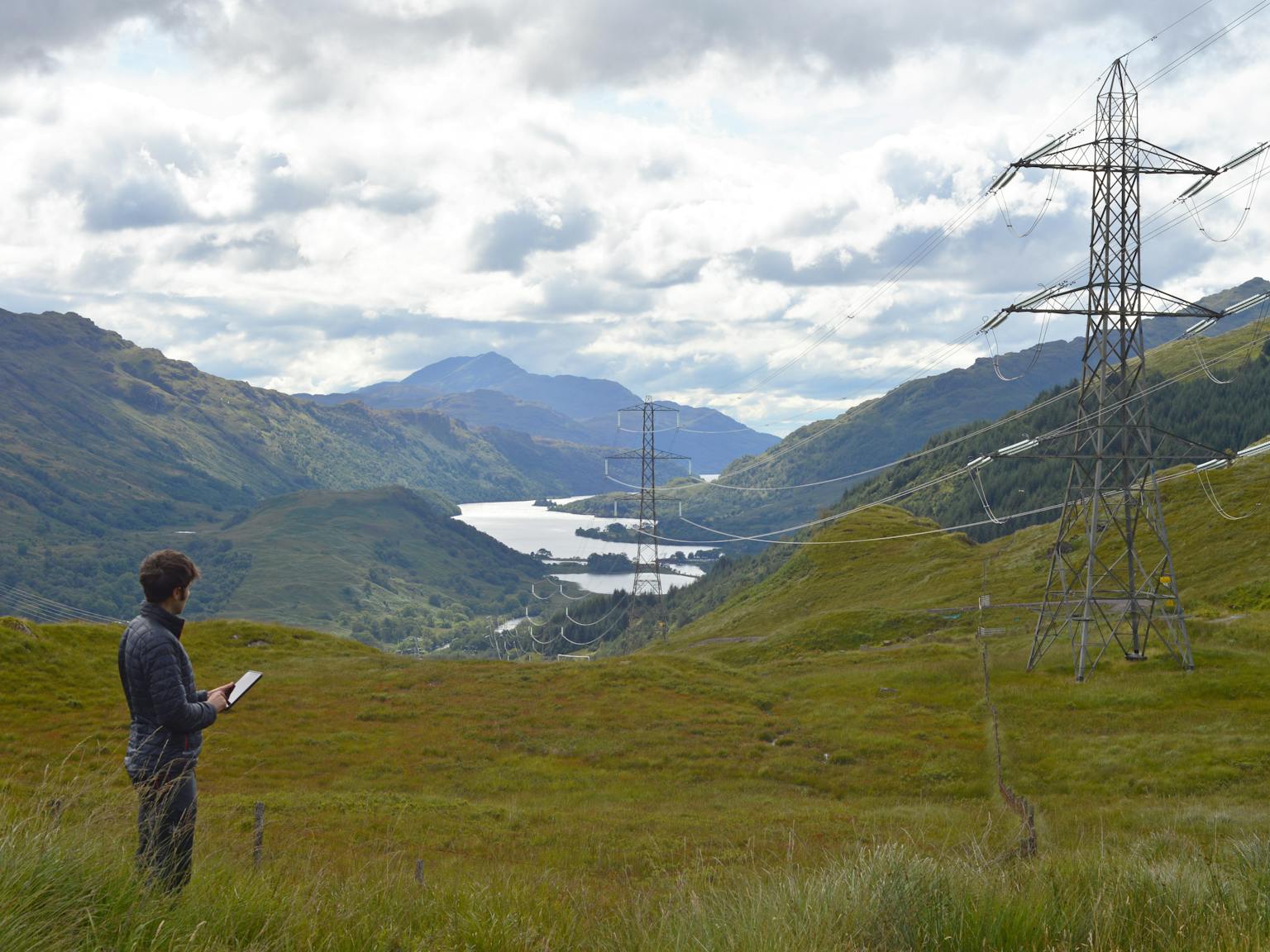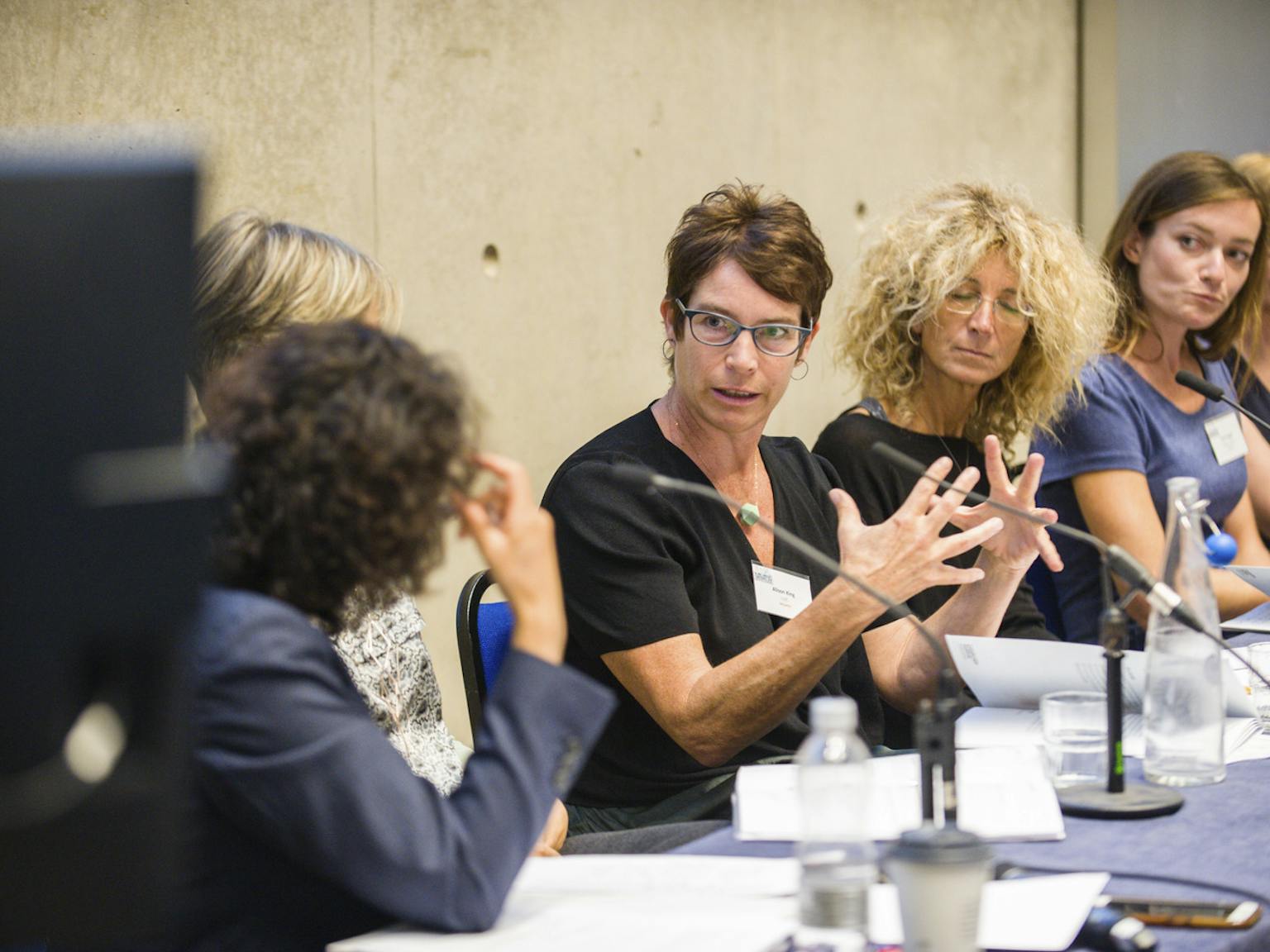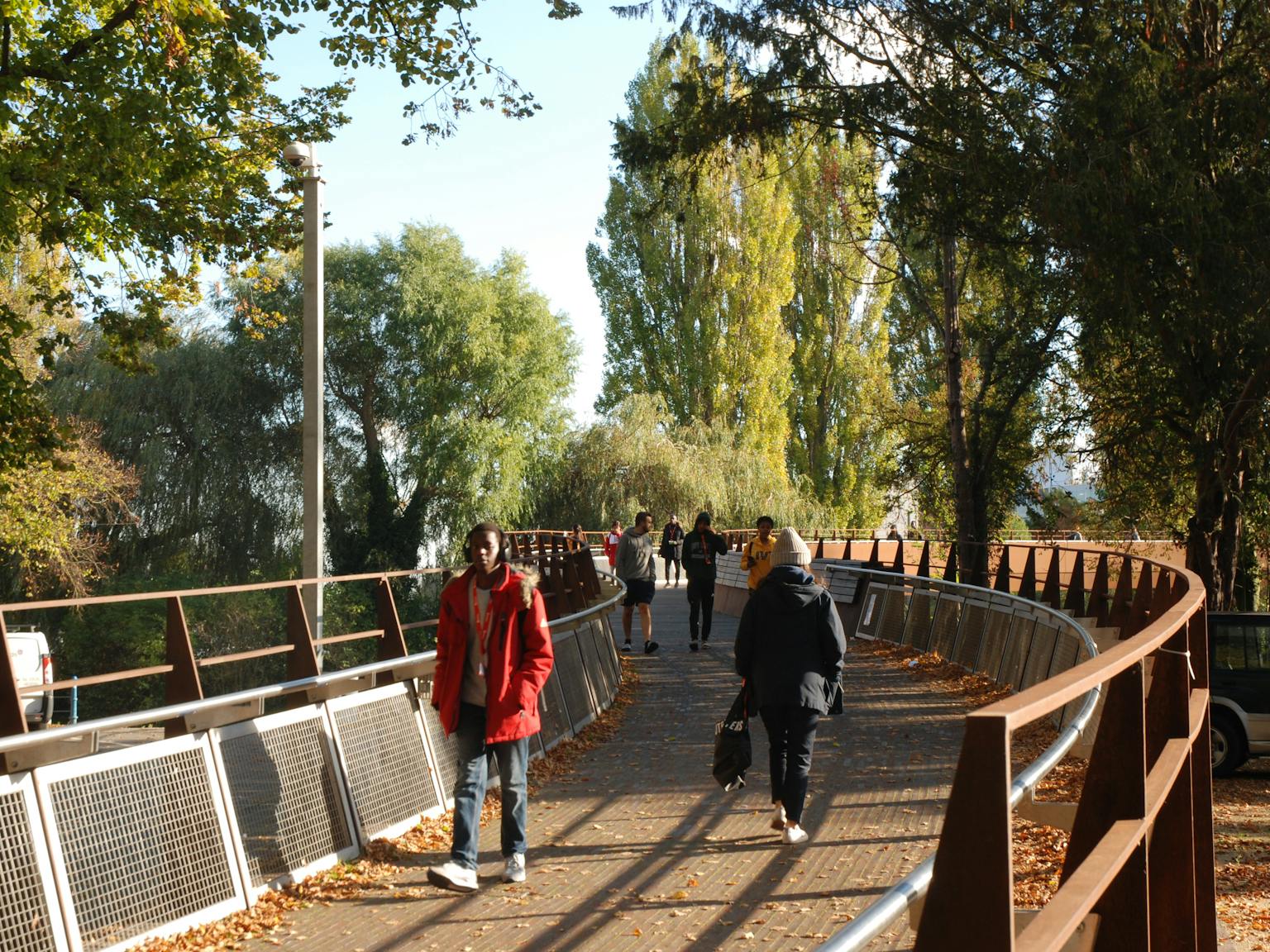
Could delaying COP26 be a good thing?
Every year, the 197 parties to the United Nations Framework Convention on Climate Change (UNFCCC) convene for an annual conference of parties to review progress towards achieving the aims of the framework. This year’s meeting, COP26, was due to be held in Glasgow in November. Having celebrated the 40 anniversary of our presence in Scotland last year, LUC was pleased to hear that one of our home cities would be hosting COP26, as the conference marks a five-year milestone since the Paris Agreement was reached.
However, circumstances have changed due to the COVID-19 pandemic; in April 2020 it was announced that COP26 would be postponed until 2021.
LUC Landscape Planner Allison Palenske looks at the potential opportunities for the delayed COP26, and why this postponement may result in a more successful outcome for the conference.
What is COP26 and why does it matter?
As per the Article 4 paragraph 9 of the Paris Agreement, parties must communicate Nationally Determined Contributions (NDCs) every five years. Initial NDCs were put forth following the Paris Agreement, with enhanced NDCs due to be presented as part of COP26.
NDCs set out the scope and metrics for measuring progress towards emissions reductions, list the specific sectors targeted and outline the legislative context in which the contributions can be achieved.
Since 2015 there have been several climate research developments. In 2018, the Intergovernmental Panel on Climate Change (IPCC) released a report which noted that the goals identified in the Paris Agreement would require “rapid and far-reaching” measures. In 2019, the United Nations Environment Programme (UNEP) published the Emissions Gap Report 2019, in which it was noted that existing NDCs will not reduce emissions to the levels required to fulfil the Paris Agreement.
Briefing Paper Number 8868, published by the House of Commons Library in April 2020, sets out the key aims of COP26:
- “All countries to submit more ambitious Nationally Determined Contributions, committing to further cuts in carbon emissions by 2030.
- All countries to commit to reach net zero emissions as soon as possible
- Developed countries to honour their commitments, including meeting the 100-billion dollar goal for climate finance
- Seeking to agree a package which takes forward the Paris Agreement.”
COP26 and COVID-19
Given COP26 was due to take place towards the end of 2020, there were originally hopes that this might still be possible. However, the COP typically culminates months of preparation and meetings between government parties. Key preparatory events, including the Pre-COP Summit, have also been postponed. This phase of preparation is key to a successful outcome of the conference.
The need to increase societal resilience has been made clear during the COVID-19 pandemic, as well as the potential for fast-acting government-led initiatives and support programmes during times of crisis. As countries begin to emerge from lockdown, there is an opportunity to reconsider how economies can be rebuilt in a more sustainable way.
Opportunities and potential outcomes
The postponement of COP26 gives parties more time to develop meaningful enhanced NDCs. Guidance published by the World Resources Institute (WRI) and United Nations Development Programme (UNDP) includes specific advice related to the sectors of energy, forestry and land use, agriculture and transport. The advice encourages parties to consider their approach to mitigation, adaptation and communication, and offers examples of actions, policies and measures that may contribute to enhancement of NDCs.
Examples include:
- creating incentives for cities that adopt policies to reduce congestion;
- committing to grid modernisation and flexibility;
- providing subsidies for decentralised renewable generation;
- researching the monetary and nonmonetary values of forests’ ecosystem services; and
- identifying policies and measures to protect small-scale farmers.
The additional preparation time also presents the opportunity for the UK to better align NDCs with advice from the Cabinet Committee on Climate Change on the sixth carbon budget, which will be provided to the government in December 2020. The next working group report by the Intergovernmental Panel on Climate Change is due to be released in April 2021, which may add further weight to COP26 discussions.
COP26 will continue to be a pivotal conference in steering collective action towards meeting the targets agreed upon in the Paris Agreement. While the COVID-19 pandemic is understandably the most critical and immediate focus for governments at the moment, it is important that momentum continues to build towards COP26 and the longer-term global response to the climate crisis. The COVID-19 pandemic has highlighted the importance of a timely government response that acknowledges and acts on scientific knowledge, and, as the platitude goes, the necessity to think globally but act locally.
Sustainability has been integral to LUC since our establishment as the UK’s first multi-disciplinary environmental consultancy in 1966. Climate change has emerged as a principal theme in our work, including tackling emissions reductions through our renewable energy projects and building adaptive capacity through our landscape design and green infrastructure work. LUC is a founding signatory of the UK Landscape Architects Declare Climate & Biodiversity Emergency petition and has signed the and has signed the Pledge to Net Zero. To stay up to date on our plans for COP26, sign up for our UK Landscape Architects Declare Climate & Biodiversity Emergency petition and has signed the Pledge to Net Zero. To stay up to date on our plans for COP26, sign up for our and has signed the Pledge to Net Zero. To stay up to date on our plans for COP26, sign up for our Pledge to Net Zero.
To stay up to date on our plans for COP26, sign up for our newsletter.










